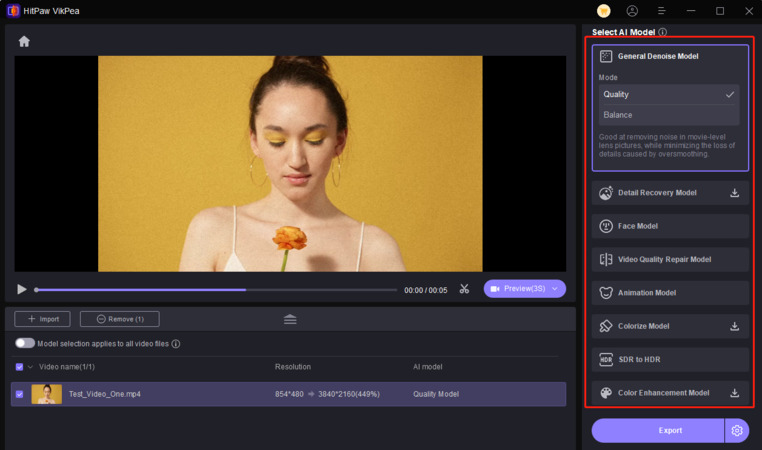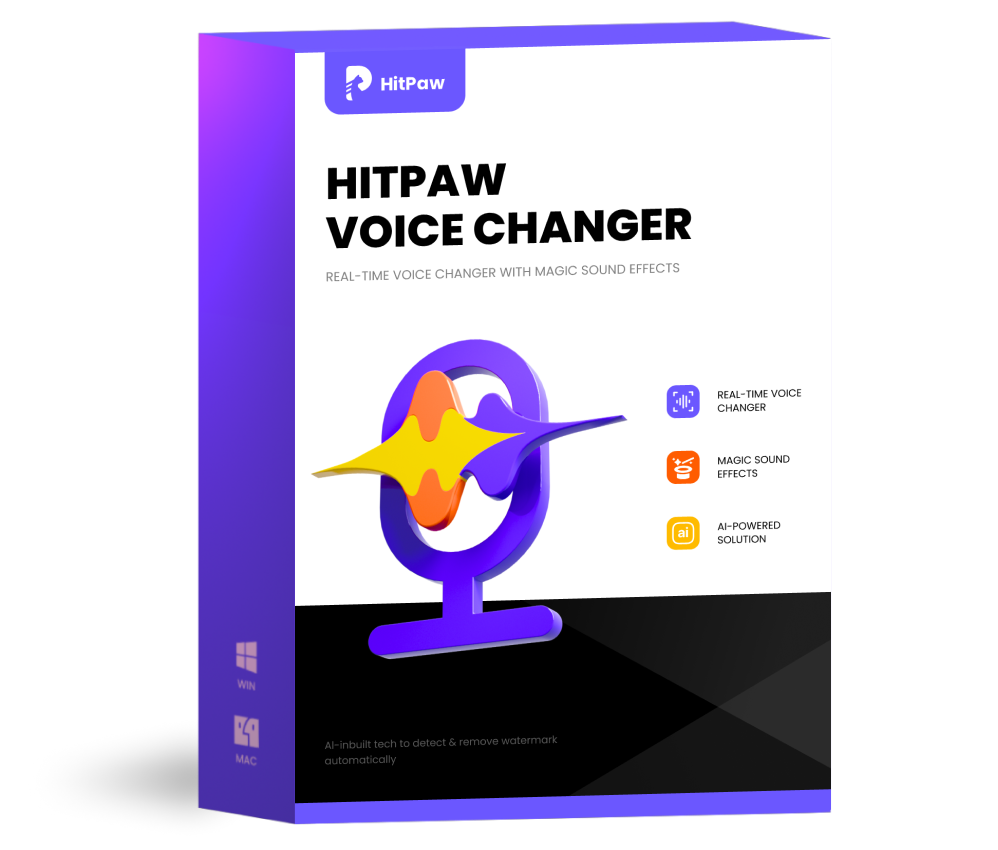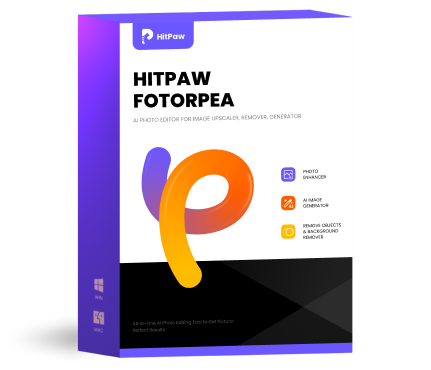Data Traceability & Liability: Why AI Tool Users Must Keep Usage Records
In an era where artificial intelligence shapes content creation, research, and decision-making, maintaining precise usage records is no longer optional, it's essential. Detailed logs of prompts, model settings, and outputs form the backbone of responsible AI deployment. By keeping rigorous records, organizations and individuals safeguard against liability, uphold data privacy regulations, and ensure the reproducibility of AI-generated results. This article outlines best practices for data traceability and liability management when using AI tools.
Part 1. The Importance of Recording the Generation Process
Every AI-powered outcome starts with inputs prompts, data, configuration and ends with generated text, images, or insights. Without a clear record of this journey, users risk losing context, failing compliance audits, and being unable to validate results. Recording the entire generation process not only promotes transparency but also builds trust among stakeholders and regulators.

1. Creating a Tamper Proof Audit Trail of Inputs and Outputs
A tamper-proof audit trail captures each prompt and its corresponding output in an immutable log. Utilizing cryptographic hashing or blockchain-style ledgers ensures that once recorded, entries cannot be altered without detection. This fortifies the integrity of your records, making it simple to prove exactly what was fed into the AI and what was produced in return.
2. Ensuring Reproducibility Through Detailed Prompt and Response Logs
Detailed logs of prompts, API calls, timestamps, and full AI responses enable other users or even yourself at a later date to replicate experiments and verify findings. By documenting every nuance of the interaction, from initial query phrasing to response post-processing, you guarantee that outcomes are not only consistent but also defensible under scrutiny.
Part 2. Necessity of Documenting Model Parameters
Behind every AI generation lies a complex set of parameters that shape creativity, accuracy, and style. Without documenting these settings, users cannot fully understand why a model behaved in a certain way or adjust for future improvements. Proper parameter tracking is vital for optimizing performance and meeting both technical and legal requirements.

Why Model Parameters Matter?
Model parameters influence everything from randomness to content length. Neglecting to track these settings can lead to inconsistent outputs, make debugging impossible, and expose users to claims of unfair bias or misuse. Detailed parameter records serve as a blueprint for AI behavior.
Key Parameters to Record:
- Model Version: Ensures clarity about which model architecture and checkpoint were used.
- Temperature and Top-k Sampling: Affects the randomness and creativity of text or image generation.
- Max Tokens/Output Length: Determines the verbosity or completeness of content.
- Fine tuning or Prompt Engineering Notes: Captures any custom training or specialized prompt templates applied.
Part 3. Legal Responsibility and Evidence Preservation
AI outputs can carry legal risks: copyright infringement, defamation, or data privacy breaches. When conflicts arise, robust logs become your best defense. Documenting every step from input to final output provides irrefutable evidence in legal disputes, demonstrating due diligence and compliance with applicable regulations.
1. Using Logs to Contest Copyright or Plagiarism Claims
Detailed usage records-complete with timestamps and original prompts allow you to trace content provenance. In case of copyright or plagiarism disputes, you can prove that outputs were generated autonomously and in good faith, or identify and correct any inadvertent infringements.
2. Demonstrating GDPR and Data-Privacy Compliance with Trace Records
Under GDPR and similar privacy laws, organizations must show how personal data is processed. AI usage logs, including consent records and anonymization steps, serve as proof of compliance. Maintaining trace records illustrates that you have followed proper procedures and can respond swiftly to data subject access requests.
Part 4. Implementing Robust Data Traceability Practices
Establishing solid traceability requires more than good intentions it demands systematic processes and technology solutions. From automated metadata capture to secure storage, every aspect of your logging infrastructure must be designed to prevent gaps, unauthorized edits, and data loss. Regular audits ensure the system remains effective over time.
1. Automated Metadata Capture for Error Free Logging
Leverage APIs and SDKs that automatically record prompts, parameters, timestamps, and user IDs without manual intervention. Automation reduces human error, ensuring that every generation event is captured consistently and accurately.
2. Secure, Tamper Evident Storage and Retention Policies
Store logs in write once, read many (WORM) storage or adopt blockchain inspired ledgers. Define retention periods aligned with regulatory requirements short enough to manage storage costs, yet long enough to cover potential litigation windows.
3. Periodic Audits to Validate Traceability and Optimize Retention
Schedule regular internal and external audits to verify that logs are complete, intact, and accessible. Use audit findings to refine retention policies, enhance security controls, and update processes in response to evolving legal standards.
Enhance Video Quality with HitPaw VikPea - Your Trustworthy AI Traceability Partner
For AI video creators seeking top tier visual enhancements alongside full traceability, HitPaw VikPea offers the perfect solution. Beyond superb upscaling, denoise, and color correction, this tool embeds comprehensive usage analytics into each output. By combining cutting edge AI models with built-in logging of prompts, parameters, and processing steps, HitPaw VikPea guarantees both stunning video quality and end-to-end data traceability empowering creators to prove compliance and defend their work.
- Enhance video resolution up to 4K without visible artifacts.
- Clean grain and noise while preserving fine details.
- Correct color casts and balance tones in one click.
- Process mutiple videos simultaneously with consistent quality.
- Choose specialized models for real scenes, animation, or portraits.
Step 1.Download and Launch: Open HitPaw VikPea on your computer, then import your video by clicking "Choose file" or drag-and-drop directly into the interface.

Step 2.After upload, videos auto-merge. Drag clips in the right menu to reorder. Select the appropriate AI model-General for real scenes, Animation for cartoons, or Face for portrait upscaling.

Step 3.Click "Preview" to review enhancements. Once satisfied, press "Export" to save your high-quality, fully logged video.

Conclusion
Maintaining detailed usage records is a cornerstone of responsible AI adoption. By capturing every prompt, parameter, and output, users ensure reproducibility, protect against legal risks, and demonstrate regulatory compliance. Tools like HitPaw VikPea not only elevate video quality but also integrate robust traceability frameworks, empowering creators to innovate confidently and transparently. Don't leave your AI projects vulnerable start logging today.











 HitPaw Univd (Video Converter)
HitPaw Univd (Video Converter) HitPaw VoicePea
HitPaw VoicePea  HitPaw FotorPea
HitPaw FotorPea



Share this article:
Select the product rating:
Daniel Walker
Editor-in-Chief
This post was written by Editor Daniel Walker whose passion lies in bridging the gap between cutting-edge technology and everyday creativity. The content he created inspires the audience to embrace digital tools confidently.
View all ArticlesLeave a Comment
Create your review for HitPaw articles